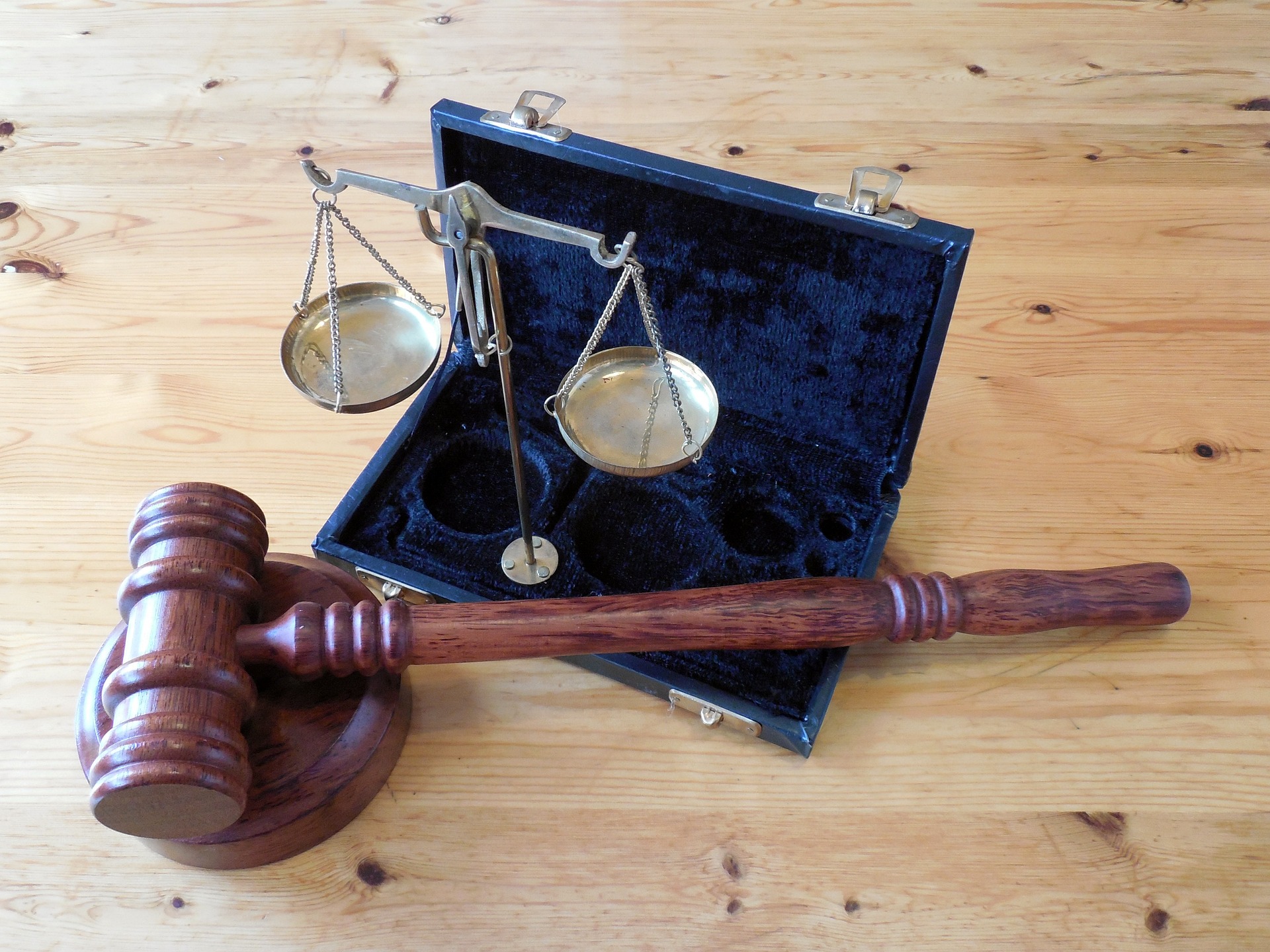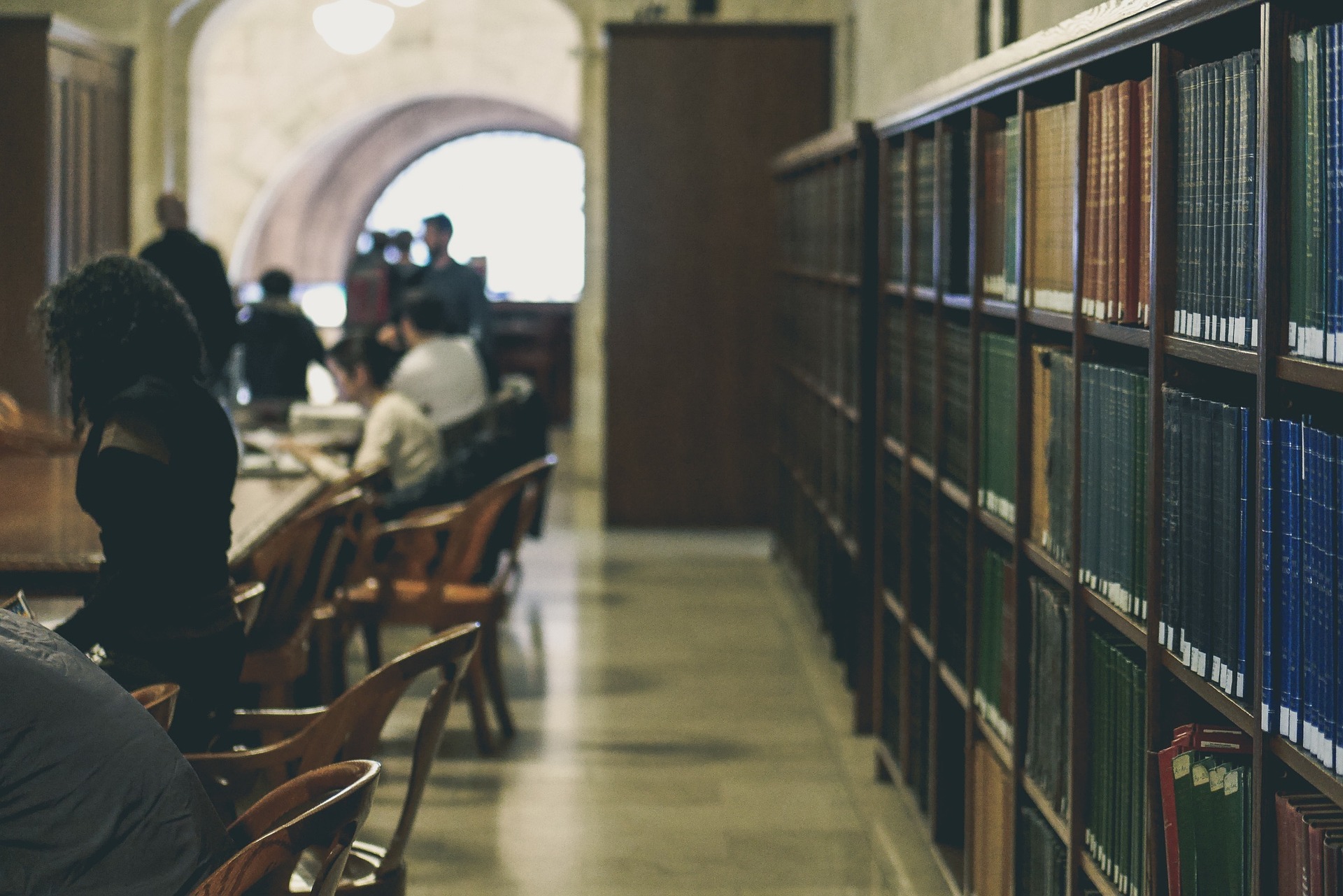Revisiting the Role of Judicial Review in Preserving Democracy
Democracies worldwide are founded on the principle of checks and balances, a system where no single branch of government gains absolute power. Within this intricate web of oversight, the judiciary plays a crucial role through the mechanism of Judicial Review. This article will unravel the significance of Judicial Review, tracing its historical roots and evaluating its contemporary relevance.
The Genesis of Judicial Review
Judicial Review is a powerful tool in the hands of the judiciary that allows it to examine the constitutionality of legislative and executive actions. This practice traces its origins back to the landmark case of Marbury vs. Madison in 1803. Chief Justice John Marshall, through this case, established the principle that the Supreme Court could declare an act of Congress void if it contravened the Constitution. This momentous decision laid the groundwork for the judiciary’s role as the ultimate interpreter of the Constitution.
Expansion and Evolution Over Time
The influence of Judicial Review has expanded significantly over the centuries. It has been instrumental in shaping civil rights movements, defining the boundaries of executive power, and preserving fundamental constitutional values. The 1954 case of Brown vs. Board of Education is a testament to this, where the Supreme Court, through Judicial Review, declared racial segregation in public schools as unconstitutional.
Judicial Review: The Current Landscape
In recent times, Judicial Review has been at the forefront of debates surrounding healthcare, immigration, and climate policy, among others. This mechanism continues to be a pivotal instrument in determining the constitutionality of new laws and executive orders. As societies and legal landscapes evolve, so does the interpretation and application of Judicial Review.
Implications and Impact on Society
The power of Judicial Review bears significant implications for society. It serves as a safeguard against potential abuses of power, ensuring that the government’s actions align with the constitution’s principles. More importantly, it guarantees the preservation of citizen’s rights and freedoms. The judiciary, through Judicial Review, has the authority to overturn laws that infringe upon these rights, thereby upholding the ethos of a democratic society.
Concluding Thoughts: The Future of Judicial Review
As we observe the shifting political and societal landscapes, the role of Judicial Review remains more critical than ever. It continues to be a bulwark of democracy, keeping in check the actions of both the legislative and executive branches of government. This mechanism’s future will undoubtedly be shaped by emerging challenges and evolving interpretations of constitutional law. Regardless of these changes, the essence of Judicial Review – the preservation of democratic values and principles – will continue to be its guiding force.
In conclusion, as we delve deeper into the complexities of Judicial Review, we appreciate its vital role in preserving democracy. By providing a check on governmental power and ensuring adherence to constitutional principles, it acts as an essential safeguard for our liberties. As citizens, understanding this mechanism empowers us to better appreciate the complexities of our democratic system and the judiciary’s pivotal role within it.





